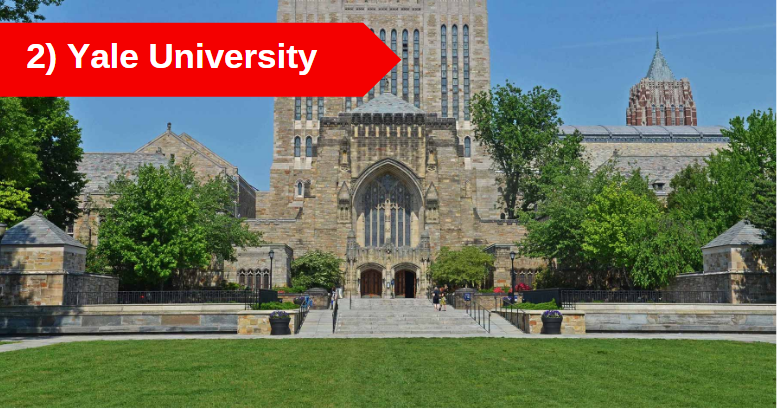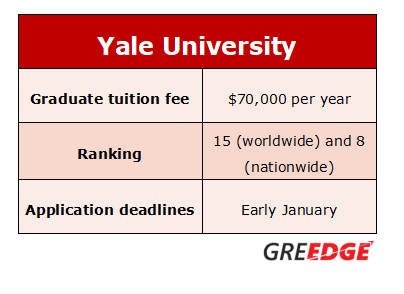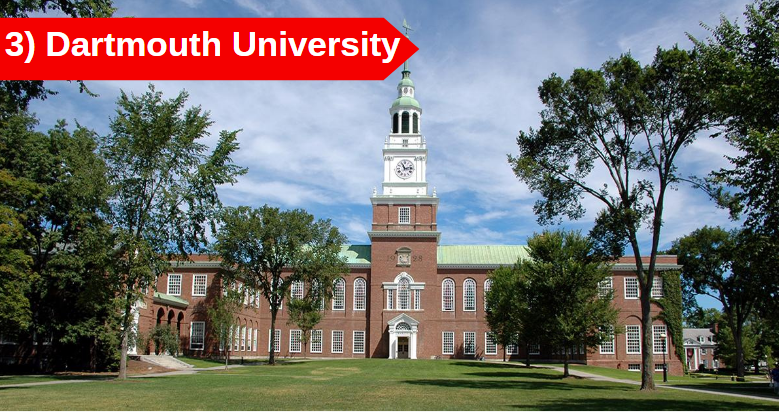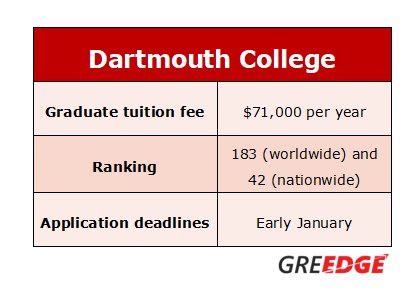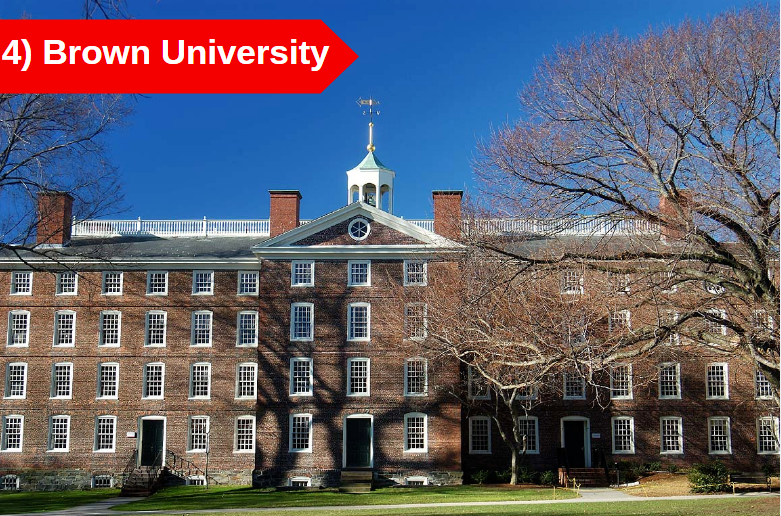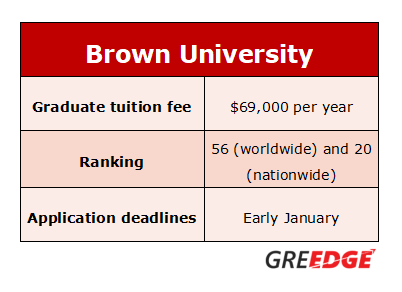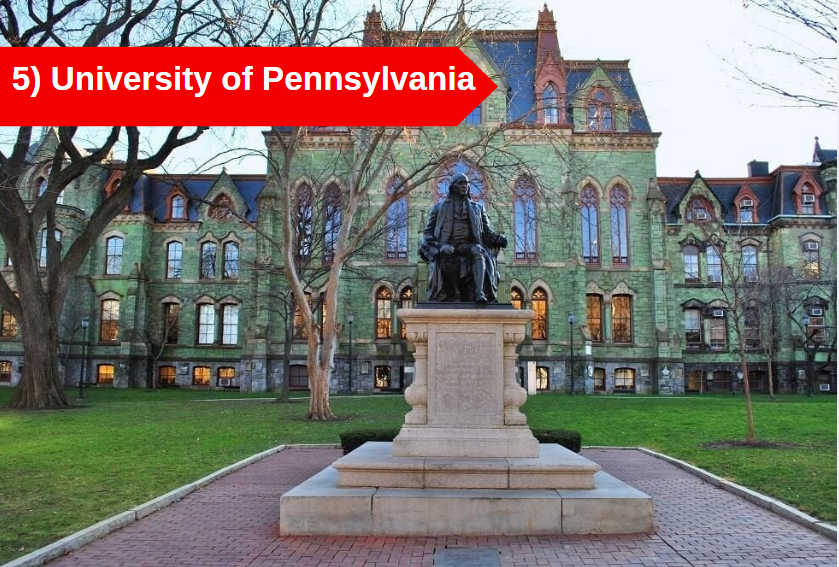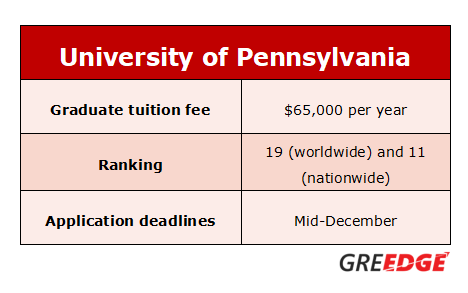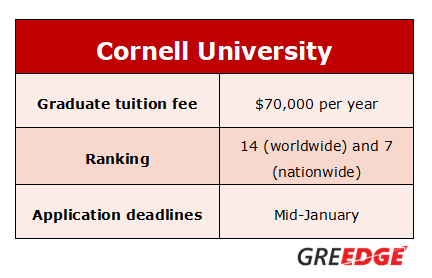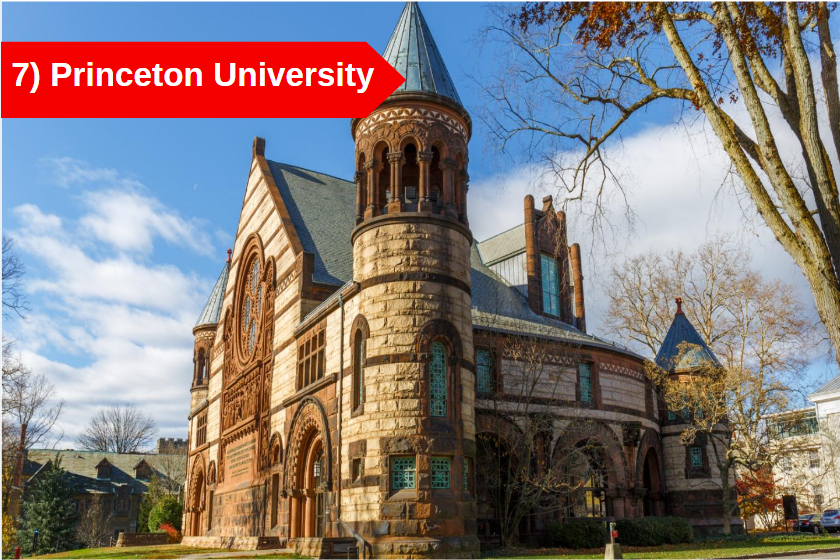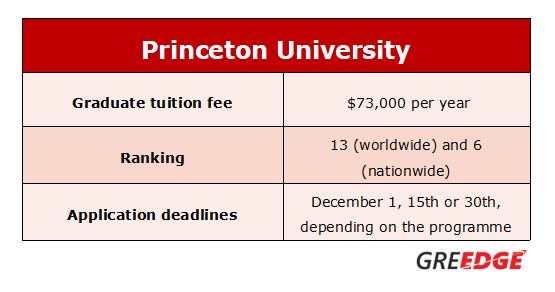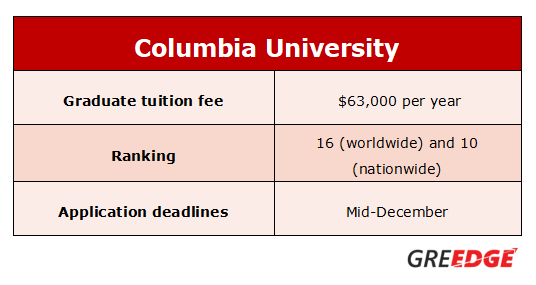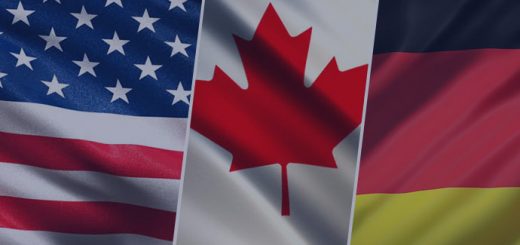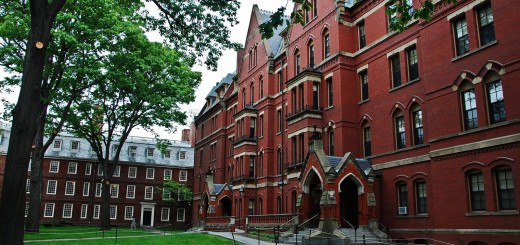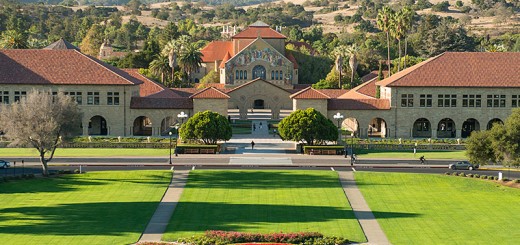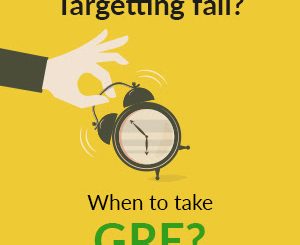List of Ivy League Colleges – Review
Elite, prestigious, selective…these are some of the adjectives associated with the eight of the top universities in the US. We are, of course, talking about the Ivy League colleges! Consistently ranked in the top 10 universities in the US and the top 20 worldwide, these schools are hallmarked for their selective admissions, high academic requirements, excellence in athletics, and a rich legacy of intellectual excellence.
Originally established as an intercollegiate athletics conference between eight universities in the Northeast USA, the Ivy League system has now come to be synonymous with pride, prestige and academic acumen.
Naturally, of course, these universities often make it to every aspirant’s college wish list and attract thousands of quality applicants from some of the most outstanding students in the world. So who are the eight members of the Ivy League? In no particular order, these are:
- Harvard University
- Yale University
- Dartmouth College
- Brown University
- University of Pennsylvania
- Cornell University
- Princeton University
- Columbia University
What’s the big deal about the Ivy League schools?
As we can see, this list doesn’t include some of the best universities in the US, such as Stanford, MIT, Caltech or Berkeley. While the Ivy League schools are now seen as the figureheads of excellence and prestige, they’re not the only place at which to get a top-tier education. So, what’s the fuss about the Ivy Leagues? While originally famed for their onus on athletics, the Ivy League colleges are now known for their generous endowments, excellence in R&D, state-of-the-art libraries and infrastructural facilities and a certain prestige that has now come to be associated with the colleges. While certainly, you can find these at many of the non-Ivies, what truly sets apart the Ivy League schools is, as a professor at Harvard pointed out, is the fact that the average student at, say, Harvard or Yale, will be usually more dedicated, ambitious and bright than the average student elsewhere. This kind of an atmosphere then automatically pushes you to work and perform better, and consequently, add to the academic caliber of the institution. Another aspect of the Ivy League is the focus on fostering diversity in the student body. By offering generous scholarships and endowments, the Ivy League colleges are dedicated to making high-quality secondary education accessible to people from historically disadvantaged strata of the society. A move that has been imitated by many other top-tier schools, this has helped the Ivy League colleges encourage and educate some of the best minds in the country (and the world).
What does it take to get into the Ivy League schools?
Taking into account the rich histories and legacies of these colleges, coupled with their repute for cutting-edge excellence in research and academics, it’s not difficult to see why so many higher studies aspirants would want to apply to these schools. A high number of applications, typically from outstanding students, means that the acceptance rates of these schools are usually quite low. Though the acceptance rates are invariably anywhere between 5-10%, it can be still lower for highly sought-after programs such as computer science. So, what can you, as an Ivy League aspirant, do to maximize your chances at an offer letter from Columbia or Penn? In other words, what are the admission requirements of these schools? Let’s take a look, shall we?
- GPA: While these colleges aren’t looking for a perfect 10 GPA, it goes without saying that a high GPA is paramount to your Ivy League dreams. Additionally, your relative performance matters too: generally, you are required to be in the top 10-15% of your class.
- GRE and TOEFL scores: Again, though Ivy League schools don’t necessarily have a GRE or TOEFL score cutoff, having a high score in these competitive exams can seriously help in improving your chances at an offer letter since it speaks of your technical and linguistic acumen.
- Extracurricular activities: Remember, these schools are looking for all-rounders, and this isn’t restricted to just the classroom. Sports, music, fine art or dance, a strong extracurricular profile sets you apart as a force to be reckoned with. It especially helps if your extracurricular activity exhibits a synergy of your academic and non-academic passions: for instance, if you’re applying for an MS in CS, it helps if you were, say, the captain of the programming team in college.
- Community service: After all, what good is a leader if he doesn’t give back to his community? Ivy League colleges are known for their thrust on community service and volunteering work, so any experiences working with the local pet shelter or teaching at the underprivileged girls’ school on weekends are likely to help bolster the quality of your application.
- Strong, reflective essays: your SOP is crucial to your admissions, but even more so in the case of the Ivy Leagues, which use your essays as a tool to gauge your commitment to your discipline, your preparedness for graduate school, and your achievements within and beyond the classroom.
- Prior research experience: Most fresh undergraduates have little to no research experience by the time they get out of college, so any and all such experience you may have had—be it a research internship or working as a research assistant with a faculty member—will set you apart from your similarly qualified peers.
- Co-curricular activities: Sure, a high GPA is great, but that’s not the only thing it takes. Paper publications, participation in academic conferences and workshops, and internships will add invaluable weight to your application and portray you as a serious, committed candidate: something that is crucial to your Ivy League dreams.
Download our eBOOK for a High score in GRE with SMART Strategy
What are the Ivy League schools like?
Lush, sprawling campuses, rosters of reputed alumni, huge libraries and celebrated athletic teams are just a few things that separate the Ivy League schools from the rest. But what is special about each of the individual colleges? Moreover, what are the ranking, tuition fee and application deadline for these colleges? Let’s have a look.
1. Harvard University:
Established in 1636, Harvard is the US’s oldest institute of higher education and hardly requires any introduction. With an acceptance rate of 6%, the University has so far produced eight US Presidents, more than thirty foreign heads of state, 62 living billionaires, 359 Rhodes Scholars, and 242 Marshall Scholars. Today, the University is synonymous with academic excellence, prestige, and honor.
Download our eBOOK to know Tuition Fee of Top 35 US Universities
2. Yale University:
The third-oldest university in the US, Yale counts notable personalities such as George W. Bush, Meryl Streep, James Franco and Bill Clinton among its impressive list of alumni. Other than the well-documented rivalry with Harvard, Yale is also known for its football team, the Yale Bulldogs, and the Yale Whiffenpoofs, an a cappella group.
Download our eBOOK on “Masters Admission Checklist for Top University Admits”
3. Dartmouth College:
Dartmouth College Known for being the smallest Ivy League with a student enrolment of about 6,400, Dartmouth is renowned for its excellence in liberal arts, medicine and international relations. With an acceptance rate of 11%, Dartmouth is relatively an easier school to get into, although the university is reputed for its undergraduate courses, and not so much for its graduate programmes.
4. Brown University:
Located in Providence, Rhode Island, Brown University is coveted for its track record in R&D excellence, its onus on cultural values, and an active campus life. Boasting of stalwart alumni such as John D. Rockefeller, John F. Kennedy and Emma Watson, the university has thus far produced 54 members of the United States Congress, 56 Rhodes Scholars, 52 Gates Cambridge Scholars, 49 Marshall Scholars, 14 MacArthur Genius Fellows and 21 Pulitzer Prize winners.
Download our eBOOK to evaluate your profile for Top MS Admits
5. University of Pennsylvania:
Founded by Benjamin Franklin, UPenn is the US’s sixth-oldest university, and is home to the reputed Wharton School of Business. Penn alumni include current US president Donald J. Trump, singer-songwriter John Legend, tech entrepreneur Elon Musk and legendary sociolinguist Noam Chomsky. With an acceptance rate of 10%, it is one of the less selective Ivy League schools.
6. Cornell University:
Established in 1865, Cornell is the youngest Ivy League school, but that hasn’t stopped the university from contributing 58 Nobel laureates, 4 Turing Award winners, 55 Olympic medallists and 30 Rhodes scholars to the world, among others. The school is known for Cornelliana, its distinctive campus culture and tradition, its focus on cutting-edge research, and its rich history of working at the nexus of engineering and management.
7. Princeton University:
The fourth-oldest university in the US, Princeton boasts of a top-notch school of Engineering, an exciting campus life, and notable alumni including former First Lady, Michelle Obama, and US Supreme Court Justice Susan Sotomayor. Other claims to fame include the university’s dedication to community service and its generous endowments.
8. Columbia University:
Last but not the least, Columbia University in the city of New York is the dream destination for scientists and researchers alike and has helped pioneer groundbreaking discoveries in the fields of genetics, earth sciences, nuclear engineering, and machine learning. Its first president was none other than the literary stalwart Samuel Johnson, and the university is also responsible for administering the prestigious Pulitzer Prize which recognizes excellence in music, literature and journalism.
(Note: All rankings are taken from the latest QS university rankings. Fees mentioned include tuition, room and board before aid, and may differ from programme to programme.)
While the Ivy League schools may certainly seem daunting and out of your league (pun intended!), it is actually possible for just about anyone to make it to their dream Ivy League college, provided they are armed with a good academic profile and a high GRE score. Like the best things in life, an offer letter to an Ivy League just takes a little more effort and preparation.
Dreaming of an Ivy League education? Why not take the first steps today to make your dreams a reality? If you’re eager to start applying but aren’t sure of how you could go about it, you can drop a comment below and an expert from AdmitEDGE will reach out to you in no time. We wish you warmly on your grad school journey ahead!




